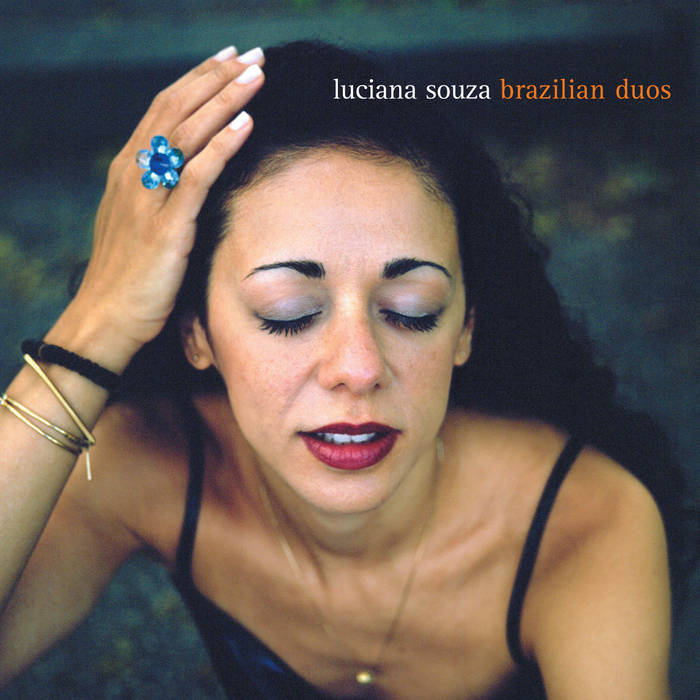Cassandra Wilson, 'Belly of the Sun' (2002)
At the end of Playing Changes is a list: The 129 Essential Albums of the Twenty-First Century (So Far). I organized these by year, and then alphabetically by artist name. I'll be running them down here, in that order. (No one appears more than once as a leader, though there’s ample overlap in personnel.)
Cassandra Wilson had already solidified her aura — deep sorcery, commingled with dark sensuality — when she took up in an abandoned train station in Clarksdale, Miss. to make Belly of the Sun.
Just as on her breakthrough Blue Note albums Blue Light 'Til Dawn (1993) and New Moon Daughter (1995), this one finds Wilson foraging through the back pages of the rustic American south, drawing whatever connection she can between Delta blues, early jazz, folk revivalism and adult-contemporary pop. This is an album extremely easy on the ears, which can make it a candidate for underestimation — especially by those who like to see their jazz vocalists pushing against limits, and not just the limits of genre.
There's very little push in Belly of the Sun, which runs decisively more lean-back than lean-in. Singing "Waters of March," by Antônio Carlos Jobim, Wilson actually laughs in the middle of one phrase, as if she'd almost just tripped over a child's toy in the studio. "The Weight," a song by Robbie Robertson of The Band, has an instrumental backing almost too luxurious in its lightly distressed rustic twang, like a farmhouse dresser in the Restoration Hardware catalog.
But listen to how good she sounds on that track — on the whole album, really. A bit later in the decade, writing about a different Wilson recording, I put it this way: "Her deep-earth contralto is difficult to describe — it’s late-morning sunlight and bittersweet molasses, or “sultry” or “sumptuous” or whatever else you’ve got — but unfailingly easy to recognize, even for the portion of the population that would be hard-pressed to put a face to her name."
And more than either Blue Light or New Moon, this album revels in deep blues. Listen to Wilson's version of a Mississippi Fred McDowell gospel number, "You Gotta Move," featuring bottleneck guitar work from Richard Johnston and Kevin Breit, and rough, thumping percussion from Cyro Baptista and Jeffrey Haynes.
There's plenty to be said for Wilson's influence as a vocal omnivore: the ways in which she cleared a way for someone like Norah Jones, and set a bar for someone like Gregory Porter. There's also an interesting journey in Wilson's career, which began with the future-funk of M-BASE before settling into a heartland groove. We'll leave all that for now, though. Listen to this voice, and consider how it makes you feel.
Belly of the Sun can be purchased on Amazon, or streamed on Apple Music or Spotify.



